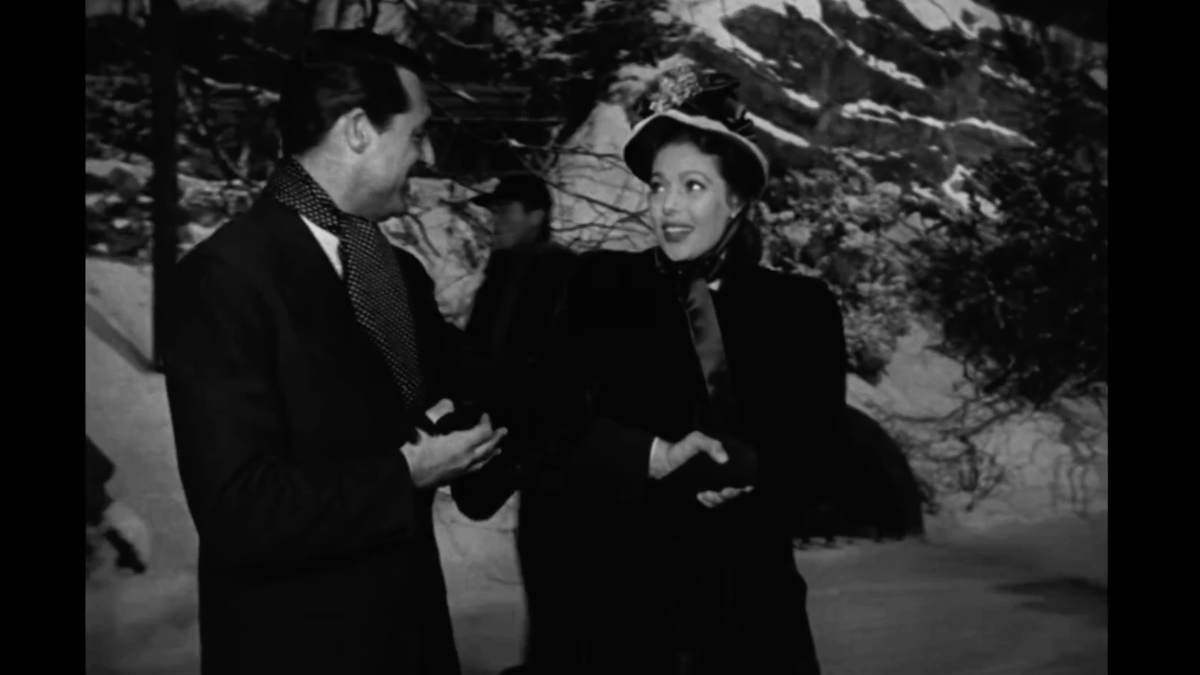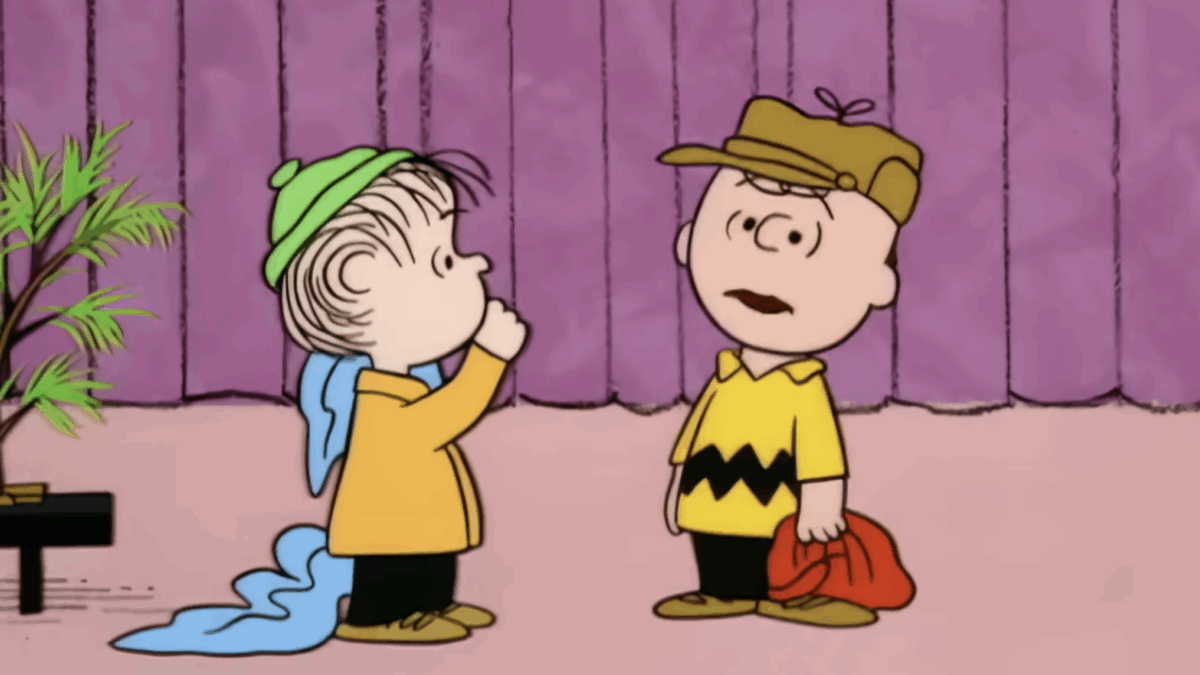
Director and producer Brett Ratner (“X-Men: The Last Stand,” “Horrible Bosses,” “The Revenant”) recently accused movie review aggregator Rotten Tomatoes of ruining Hollywood.
“The worst thing that we have in today’s movie culture is Rotten Tomatoes,” Ratner told a crowd at the Sun Valley Film Festival. “It’s the destruction of our business… When I was growing up film criticism was a real art. And there was intellect that went into that… Now it’s about a number. A compounded number of how many positives versus negatives. Now it’s about, ‘What’s your Rotten Tomatoes score?’”
Sure, he’s overreacting. Plenty of things are hurting the film industry more than a website ever could. Then again, he’s not completely wrong.
Tomatoes Are Good For You, Right?
Yes, Rotten Tomatoes is a terrific resource for gauging whether a film is worth your time. My wife and I might get one free evening a week to watch a movie, and we sure don’t want to waste those precious two hours on a piece of cinematic garbage. It’s convenient to have sites like Rotten Tomatoes and Metacritic that offer a concise critical consensus from a vast pool of reviews, all summed up for us in one place.
You could also make the case that Rotten Tomatoes’ featured critics are more in touch with the average viewer than a handful of Hollywood poodles at, say, The New York Times. While these self-proclaimed elites simply flaunt what the film industry already believes about itself, Rotten Tomatoes provides more down-to-earth insights from various web, print, and broadcast critics. It makes the movie review industry more democratic, and that balance is a good thing.
But the source of the reviews isn’t the problem here—the problem is that by reducing a film’s value to a simple thumbs up or thumbs down we hurt our culture’s ability to think and dissect.
Many Ingredients Make Up a Movie
A movie is an intricate thing, a beautiful hybrid of art and storytelling. It’s composed of many layers ranging from plot, characterization, style, dialogue, pacing, and tone, not to mention a million other factors like special effects, casting, costumes, set pieces, and the soundtrack, as well as the film’s worldview and significance in the broader culture. A proper breakdown needs to go deeper than a grading system. Instead of a woven web of creativity, we reduce movies to, as Ratner put it, “A compounded number of how many positives versus negatives.”
Maybe the artistic vision is dazzling, but the plot is laughable. Maybe the plot is original, but the characters are cardboard. Or maybe the characters are compelling, but man, those special effects are crappy. Is the film strong enough in one area to redeem its flaws in another? Does it provide a cultural critique, heart-warming nostalgia, a probe into the deeper things of life, or just some brainless (yet oh-so-enjoyable) entertainment? Does it do this well? Why or why not?
These are just a few of the ingredients that make a review, but they’re precisely the kinds of things we miss out on when we reduce our cinematic opinion to “fresh” or “rotten.” Instead of digesting the pros and cons of what critics have to say and interacting with the components of a film, many viewers settle for the fast food of a website’s configuration.
This is Bigger Than Movies
This simplistic approach to grading films isn’t an isolated issue, but a reflection of the culture at large. Ours is the Twitter-ized generation: say something in 140 characters or less or you’ve lost my attention.
The way we evaluate and form ideas is reduced to punchy one-liners and hashtags. We glean our social, moral, political, and even religious opinions from memes, GIFs, Facebook’s “Trending” sidebar, and BuzzFeed’s clickbait headlines. We splash through ankle-deep information then assume we know how to swim. In an age where conversations are replaced by emojis and presidential debates by sound bites, we don’t take the time to listen, learn, process, or ponder.
This has spilled over into how we critique movies. Back in 2015, former film critic Jesse Wente expressed a similar suspicion over how movies are judged, saying, “I think what Twitter and Facebook and the digital age has meant is, there’s this real demand to react instantly to something without the time for actual deep consideration.”
Perhaps the influx of snappy opinions at our disposal has hurt the way we assess the cinematic art of storytelling. Art and storytelling are two of culture’s most profound gateways to the deeper things of life, and for a high-speed generation that’s already disconnected from thought and contemplation, that’s a tragic loss.
Chew Your Food
The great Christian apologist Francis Schaeffer once wrote, “Think…of a side of beef hanging in a butcher shop. It just hangs there. But if you go to the Louvre and look at Rembrandt’s painting, ‘Side of Beef Hanging in a Butcher Shop,’ it’s very different. It’s startling to come upon this particular work because it says a lot more than its title… How much stronger is Rembrandt’s painting than merely the label, ‘A Side of Beef.’”
A movie, like a painting, is composed of many hues and brushstrokes, and it’s not always helpful to reduce those complexities to a mere “label” or, in this case, a Rotten Tomatoes score that “just hangs there.” Rather than dishing out a grade, a review should help us dissect the many components, both artistic and philosophical, that make up a movie. When we skip that process and head right to “a compounded number,” we’re doing an injustice to not just the filmmaker but to ourselves.
I’ll keep using Rotten Tomatoes, and I’ll continue to be grateful for the quick resource it provides in choosing a film. But when possible, instead of just reading an aggregated score or a ten-word review summary, we can use the site as a springboard to read actual reviews from an assortment of critics. These diverse flavors will give us a better taste for the true intricacy of each film, which we should chew carefully before deciding whether to spit out the tomato.









